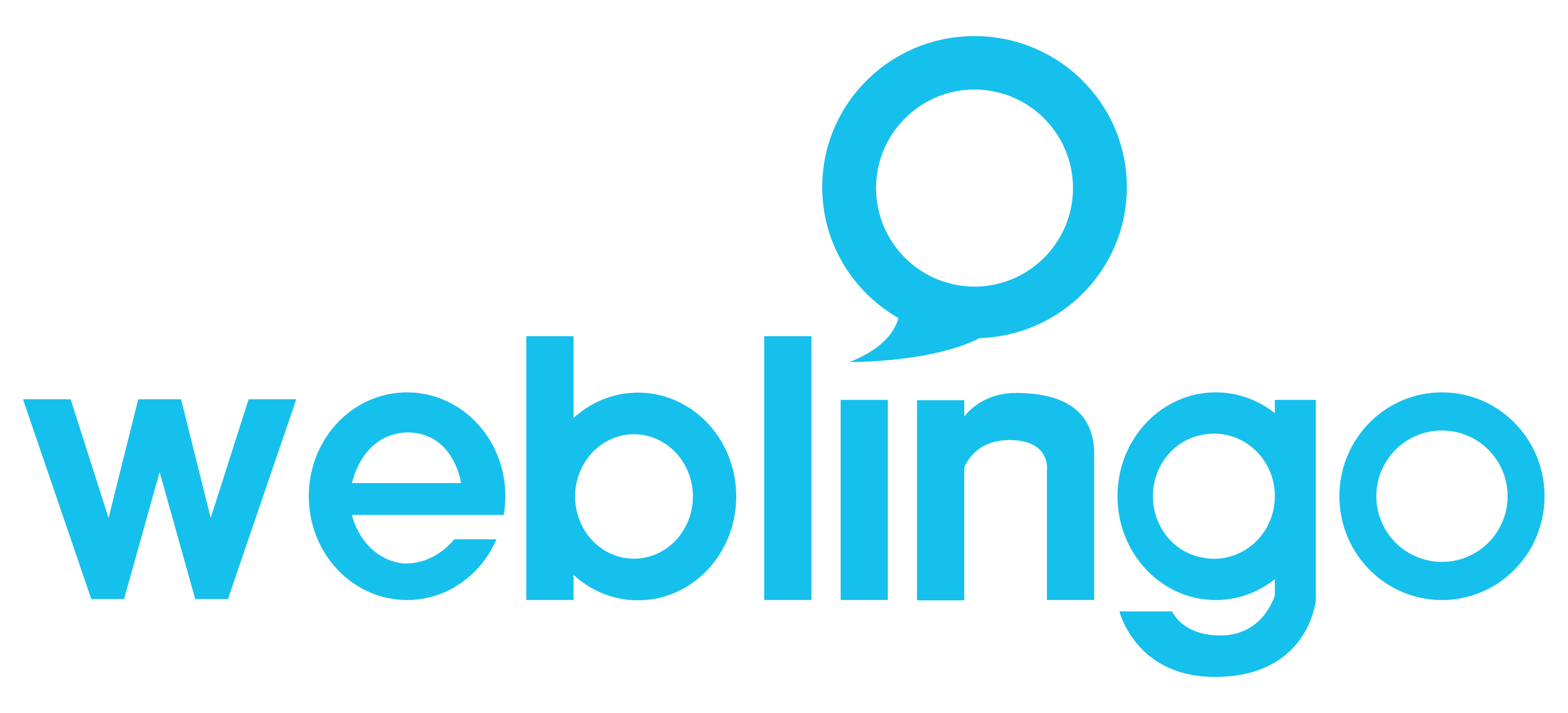This week, we’ll be profiling Afrikaans on our blog. As one of South Africa’s eleven official languages and our only official language starting with the Letter ‘A’, it was an easy first-choice.
We plan to look at common definitions / descriptions of the language, interview some of our translators and look at common phrases and words to help you familiarise yourself with the language in general. Essentially, we want to create a language library.
I thought it may be a good idea to start with looking at what some of the most popular reference sites on the internet define Afrikaans as:
Wikipedia, the ‘go to’ reference site online, have this to say in short:
Afrikaans is a West Germanic language, spoken natively in South Africa, Namibia and to a lesser extent in Botswana and Zimbabwe. It originates from 17th century Dutch dialects spoken by the mainly-Dutch settlers of what is now South Africa, where it began to develop independently. Hence, historically, it is a daughter language of Dutch, and was previously referred to as “Cape Dutch” (a term also used to refer collectively to the early Cape settlers) or ‘kitchen Dutch’ (a crude or derogatory term Afrikaans was called in its earlier days). Although Afrikaans adopted words from languages such as Malay, Portuguese, the Bantu languages, and the Khoisan languages, an estimated 90 to 95 percent of Afrikaans vocabulary is ultimately of Dutch origin. Therefore, differences with Dutch often lie in a more regular morphology, grammar, and spelling of Afrikaans. There is a large degree of mutual intelligibility between the two languages—especially in written form.
With about 6 million native speakers in South Africa, or 13.3 percent of the population, it is the third most spoken mother tongue in the country. It has the widest geographical and racial distribution of all the official languages of South Africa, and is widely spoken and understood as a second or third language. It is the majority language of the western half of South Africa—the provinces of the Northern Cape and Western Cape—and the primary language of the coloured and white communities.
The World Encyclopedia offers this:
Afrikaans: One of 11 official languages of the Republic of South Africa. Derived from the language spoken by the original Dutch settlers of the 17th century, it quickly evolved its own forms to become a distinct language. Afrikaans is regarded as a cultural focal point by South Africans of Dutch origin. It is the everyday means of communication for some three million speakers of European, African, and mixed descent.
The Concise Oxford Companion to the English Language:
AFRIKAANS. A language related to Dutch, the mother tongue of about 6m people in Southern Africa and a second language for millions of South Africans and Namibians. It is the source of many hundreds of loanwords in South African English, including such internationally known words as apartheid, boer, laager, trek, veld, and has in turn borrowed extensively from English.
The Oxford Pocket Dictionary of Current English gives us the following brief explanation:
Af•ri•kaans / ˌafriˈkänz/• n. a language of southern Africa, derived from the form of Dutch brought to the Cape by Protestant settlers in the 17th century, and an official language of South Africa.• adj. relating to the Afrikaner people or their language.
Encyclopedia Britannica states the following:
Afrikaans language, also called Cape Dutch , West Germanic language of South Africa, developed from 17th-century Dutch, sometimes called Netherlandic, by the descendants of European (Dutch, German, and French) colonists, indigenous Khoisan peoples, and African and Asian slaves in the Dutch colony at the Cape of Good Hope. Afrikaans and English are the only Indo-European languages among the many official languages of South Africa. Although Afrikaans is very similar to Dutch, it is clearly a separate language, differing from Standard Dutch in its sound system and its loss of case and gender distinctions.
Afrikaans was adopted for use in schools in 1914 and in the Dutch Reformed Church in 1919. A distinct Afrikaans literature has evolved during the 20th century, and the first complete translation of the Bible into Afrikaans was published in 1933.
Next, we’ll post some common phrases and words in Afrikaans, so that you can start to familiarise yourself with the language and the phonetics used.
